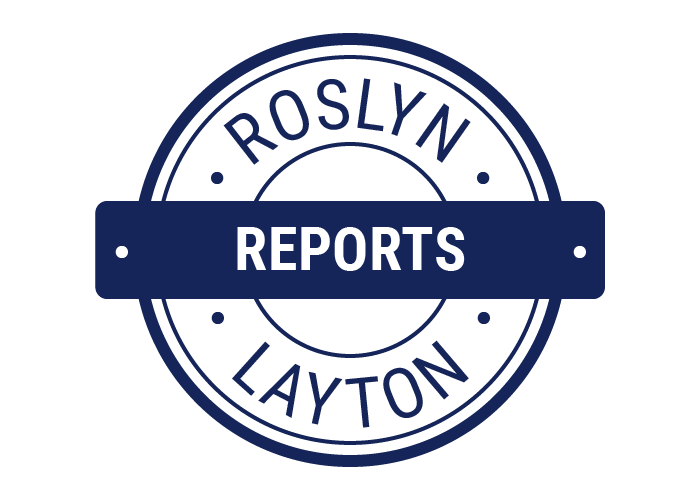Generating Growth in Europe – How the ICT Sector is the Solution

– a research note about EU Vice President Neelie Kroes and the dream of a single digital market in Europe.
EU Vice President Neelie Kroes has started an important debate that may have a lasting impact on the telecom industry. She address issues such as the digital single market for Europe and net neutrality. Strand Consult has reviewed the challenges in the way for Ms. Kroes to realize the dream of a digital single market in Europe along with the reality that the USA dominates the internet in Europe. The research note “Generating Growth in Europe – How the ICT Sector is the Solution” highlights some of the questions and issues around this debate.
1. In less than twenty years, the internet has grown from being a novelty for academics into a global social and economic force, comprising 4.1% of gross domestic product for G20 nations or US $2.3 trillion. If the internet were a country, it would be the world’s 5th largest.
2. In a measure of the top 25 internet companies, only two are from Europe, and while Europe comprises 11% of the world’s population, it has less than 2% of the market value of internet companies globally.
3. American firms dominate the web with platforms for search, social networking, retailing and video streaming; they dominate the operating systems for mobile devices, and they dominate the network innovation technologies such as cloud services and content delivery networks. European firms are not present on the web in the same way.
4.A global federation of content delivery networks (CDNs), another American invention, has evolved to speed traffic on the internet. According to Akamai’s quarterly State of the Internet Report, CDNs deliver one-third of the traffic on the internet, and without them, the explosion of online video consumption would be impossible.
5. A common digital market with may be the only way for Europe to stand a chance to American internet competition, but Neelie Kroes faces certain challenges to realize this dream.
6. One challenge is the tax regime in Europe where each country is different. Taxes on internet services can be as high as 25% in some countries, and spectrum prices vary as well. In Hungary the government levied a tax on telecom operators to raise revenue to cover losses from the financial crisis. European nations rely on the telecom sector for tax revenue, and the impact to taxation from a single market is unclear.
7. While Ms. Kroes may pursue a digital single market, many national and EU competition authorities oppose it. They have worked hard to increase the number of operators in their countries and are loath to see consolidation. Switzerland (an EFTA country), Austria, and in Denmark are such countries.
8. American internet companies exploit the different tax regimes, delivering services in one country, but invoicing from another to take advantage of a lower tax rate. Google uses Ireland. Netflix uses Luxembourg.
9. Network neutrality could pose a challenge to Europe’s economic future and internet innovation. The innovation in the networks that underlies the internet involves relationships and architectures that may be a violation of net neutrality.
10. Smartphones and tablets are the most discriminatory devices in the world. Device makers decide which content and applications are accessible, which are not, and where they are installed.
Here you can request your copy of the research note “Generating Growth in Europe – How the ICT Sector is the Solution”.